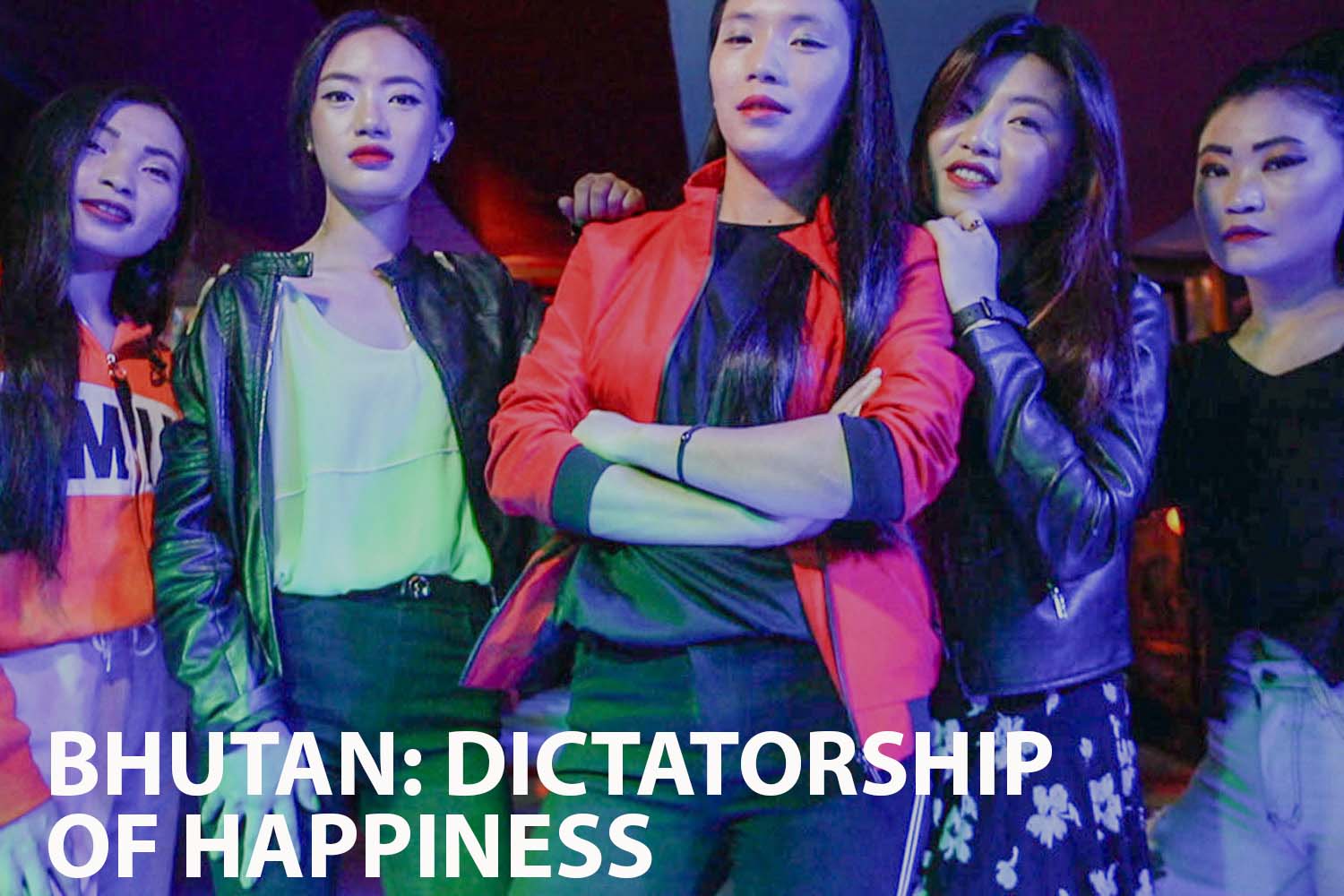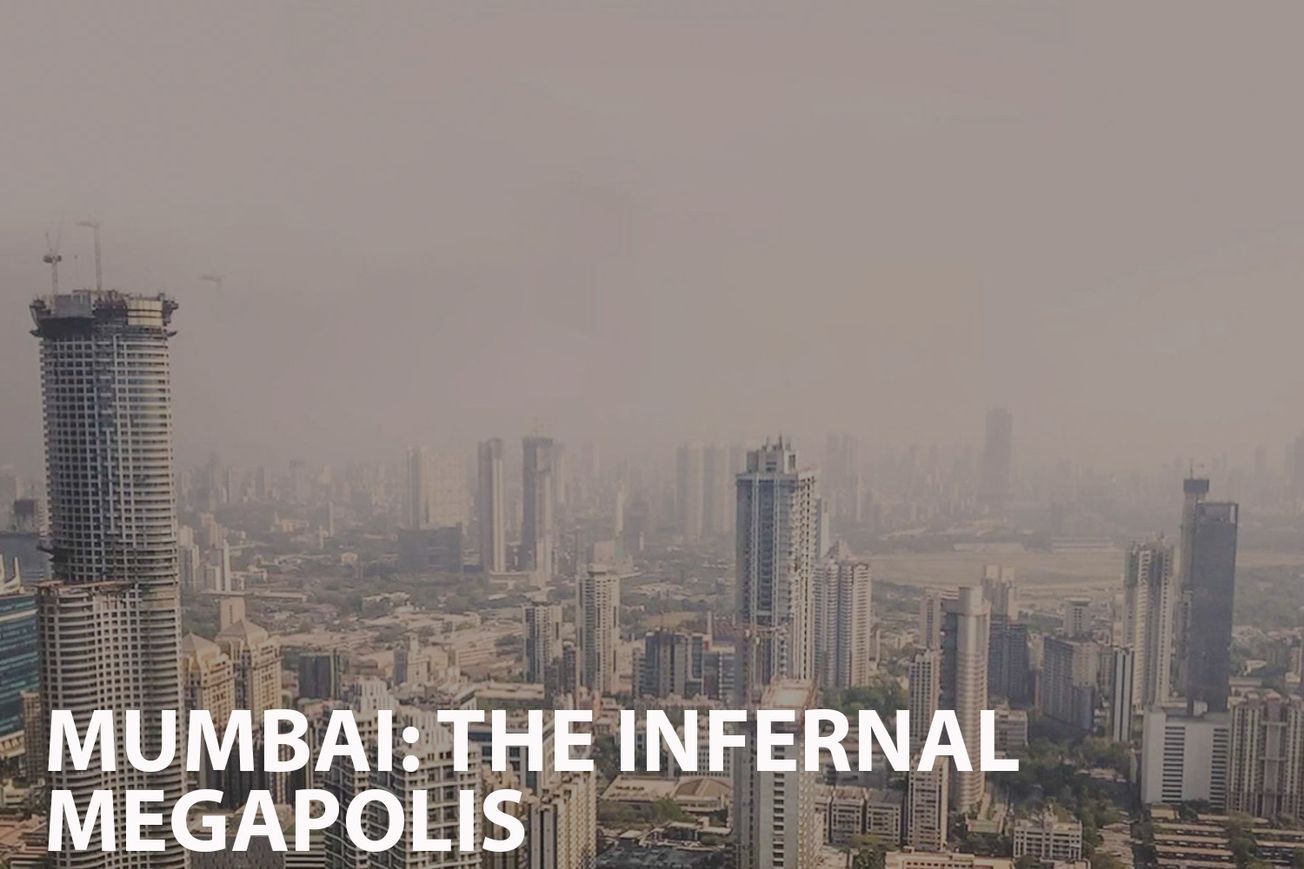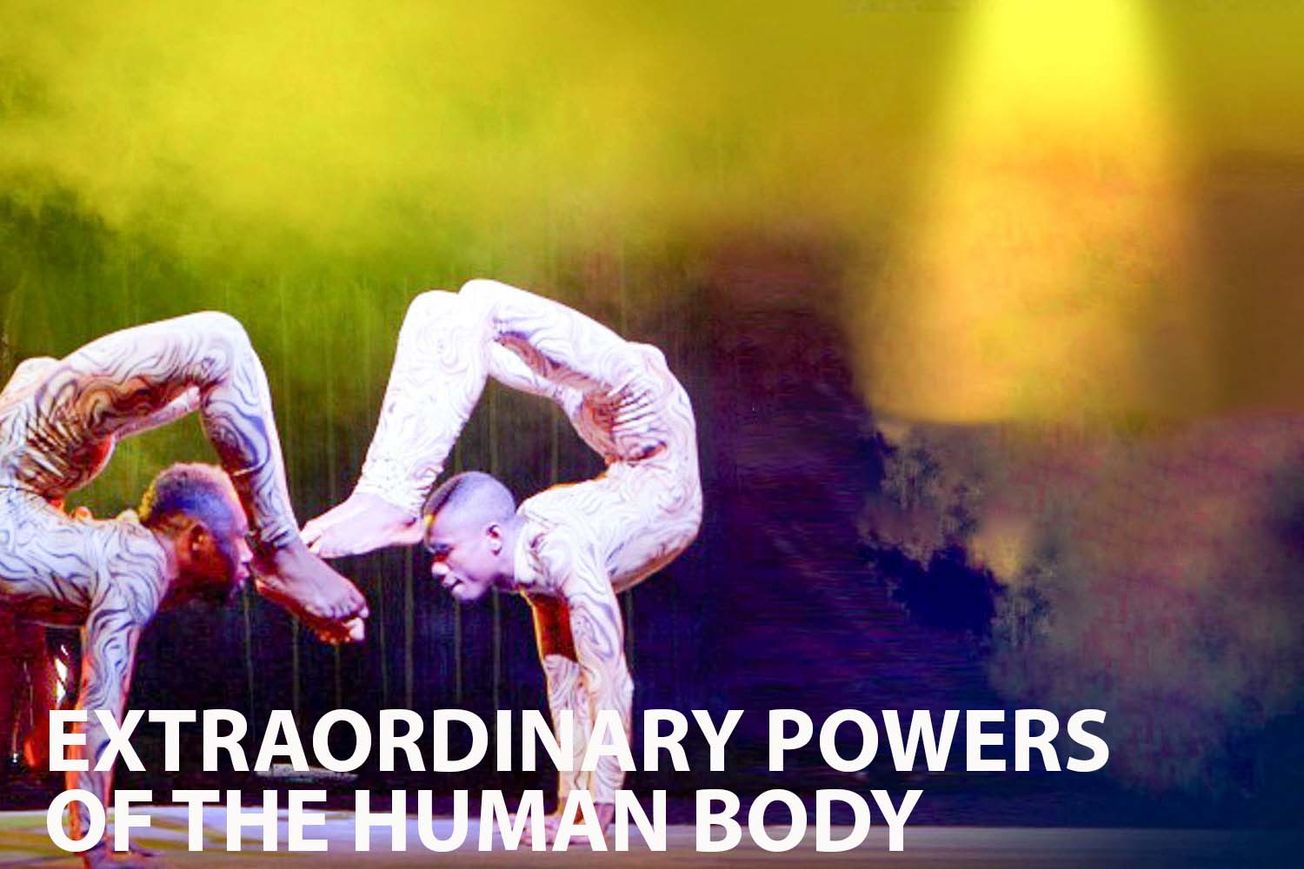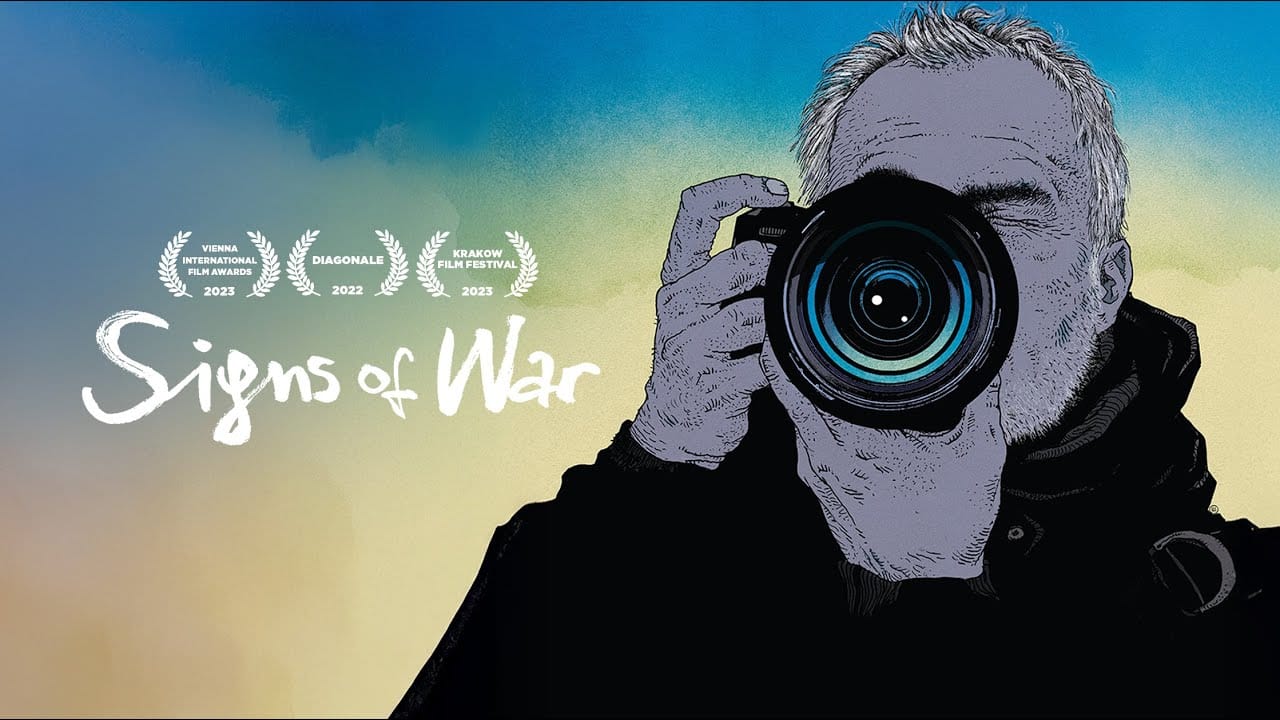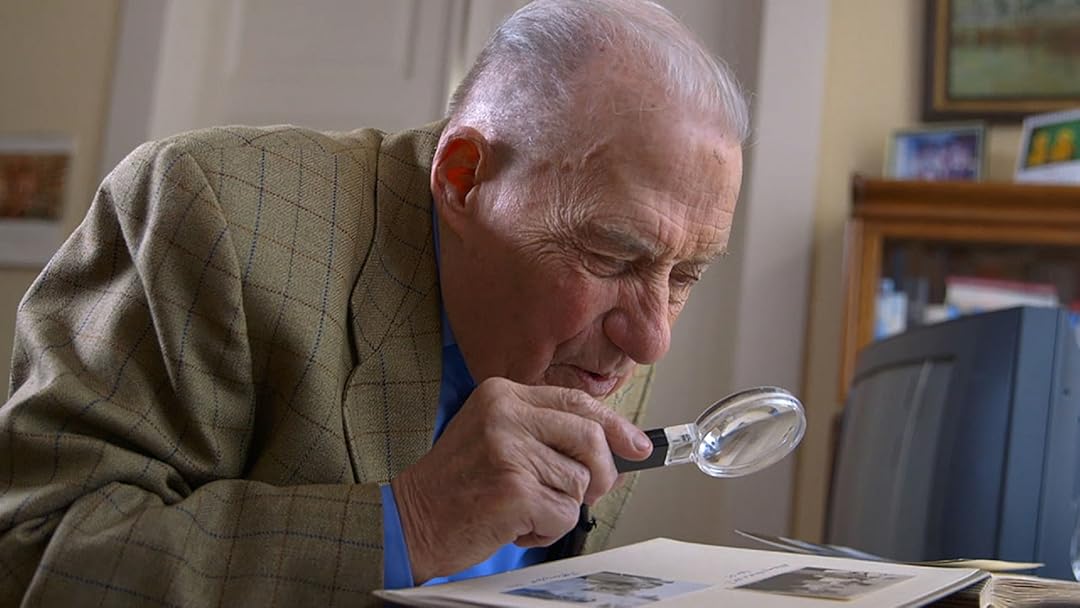Keywords: Bhutan, Gross National Happiness, Dictatorship, Happiness, Documentary, Political Reality, Buddhism, Cultural Preservation, Human Rights, Isolationism. Three Words: 'Enlightening' 'Cultural' 'Provocative'
Introduction
The documentary "Bhutan: The Dictatorship of Happiness" released in 2020 takes viewers on an immersive journey into the heart of Bhutan, a seemingly idyllic kingdom known for its focus on 'Gross National Happiness'. The film delves into the complexities and contradictions that lie beneath this peaceful facade.
Synopsis
The documentary offers an eye-opening look at Bhutan, a country that has prioritized happiness over economic growth. It explores the country's unique political system, its deep-rooted Buddhism, and its efforts at cultural preservation. However, it also uncovers a more complex reality, highlighting issues of human rights and isolationism that challenge Bhutan's image as a utopian society.
More Film Analysis
Analysis
"Bhutan: The Dictatorship of Happiness" adopts a balanced approach, combining stunning visuals of Bhutan's natural beauty with in-depth interviews and research. The film scrutinizes Bhutan's unique political philosophy and its implications for the country's society and global standing.
Historical and Factual Context
Bhutan was a latecomer to the modern world, only opening its doors to foreigners in the 1970s. Its emphasis on Gross National Happiness over Gross Domestic Product has garnered international attention. However, this documentary reveals the inherent contradictions and challenges in this approach.
Key themes in the film
- The concept of Gross National Happiness
- The impact of isolationism on a country's development
- The tension between cultural preservation and modernization
- Human rights and political freedom in Bhutan
Film Comparisons
This documentary can be compared to "The Happy Movie" for its exploration of happiness as a societal value. However, it offers a more critical and in-depth look at the challenges and nuances of implementing such a philosophy on a national scale.
Noteworthy Moments
The film's revelations about the limitations and contradictions of Bhutan's approach to happiness are particularly striking, forcing the viewer to question the true meaning of happiness and its role in society.
Reviews
While the documentary is yet to garner a significant number of reviews, those who have seen it commend its balance of beautiful visuals with insightful commentary.
Conclusion
"Bhutan: The Dictatorship of Happiness" is an enlightening watch for anyone interested in societal values, political philosophy, or Bhutan's unique approach to governance. It offers a thought-provoking look at the complexities of balancing tradition with modernization, happiness with economic growth, and isolationism with global integration.
More film information:
FILM SUMMARY
- Genre: Documentary
PERSONALITIES
- Bhutanese citizens: Provides a first-hand account of living in Bhutan
- Political analysts: Offers insight into Bhutan's unique political system
- Human rights activists: Highlights the challenges and concerns related to human rights in Bhutan
LOCATIONS
- Thimphu: The capital and largest city of Bhutan
- Paro: Known for the iconic Tiger's Nest monastery
- Punakha: The old capital of Bhutan
Key Questions Raised by the Film:
- Is it possible for a country to prioritize happiness over economic growth?
- What are the challenges and contradictions of Bhutan's unique approach?
- How does Bhutan balance cultural preservation with the pressures of modernization?
- What are the human rights concerns in Bhutan?
Links for Further Exploration:
I wonder what the film would be in another art form
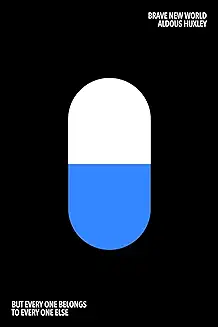


- If this film was a famous book, it would be "Brave New World" by Aldous Huxley for its exploration of a seemingly utopian society with underlying complexities.
- If this film was a famous song, it would be "Imagine" by John Lennon because it questions societal norms and ideals.
- If this film was a famous piece of art, it would be "The Son of Man" by René Magritte for its symbolic representation of hidden realities.
- If this film was a famous celebrity, it would be the Dalai Lama for his embodiment of Buddhist values and advocacy for happiness.
- If this film was a color, it would be green for its emphasis on nature and harmony.
- If this film was a music style, it would be classical, for its balance between serenity and complexity.
